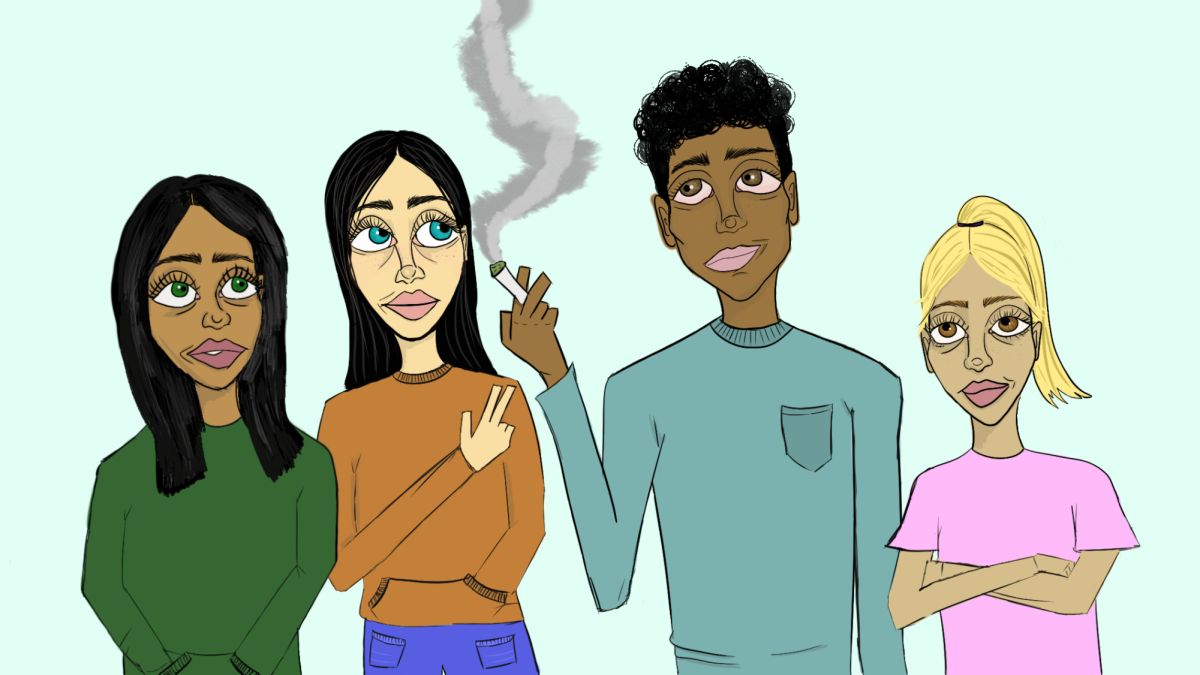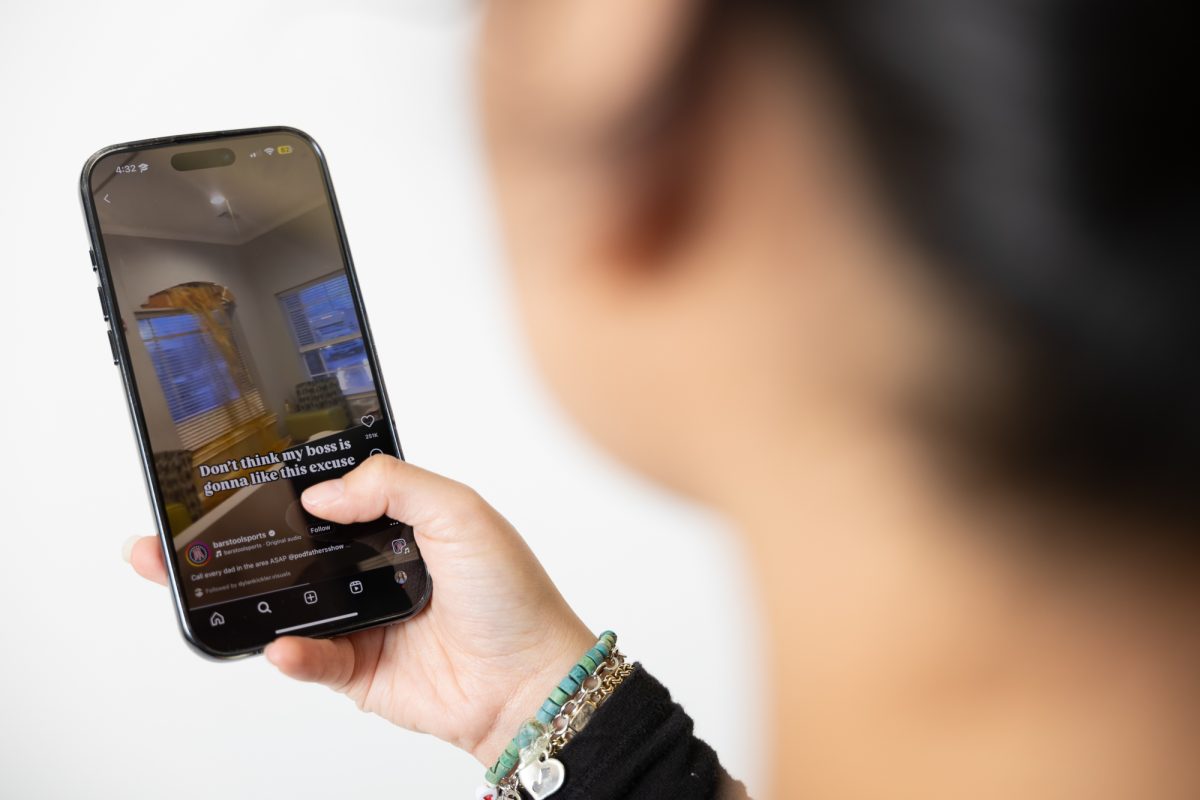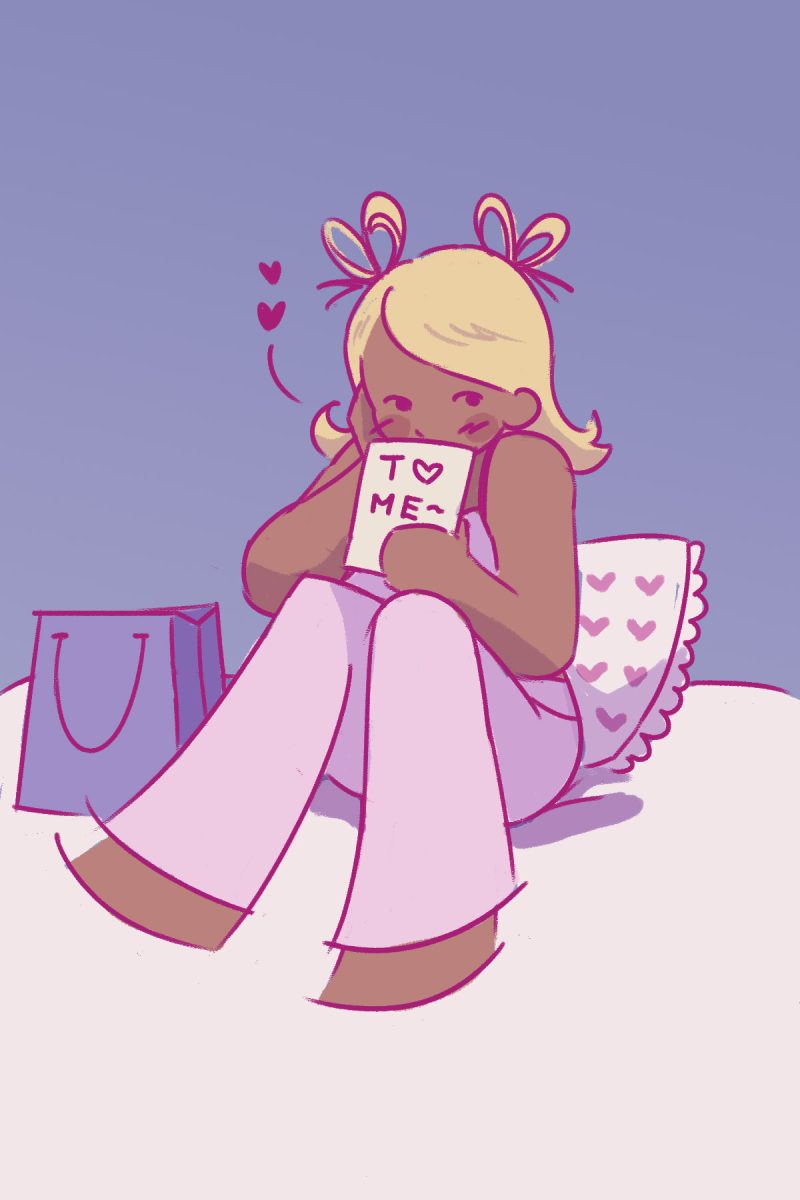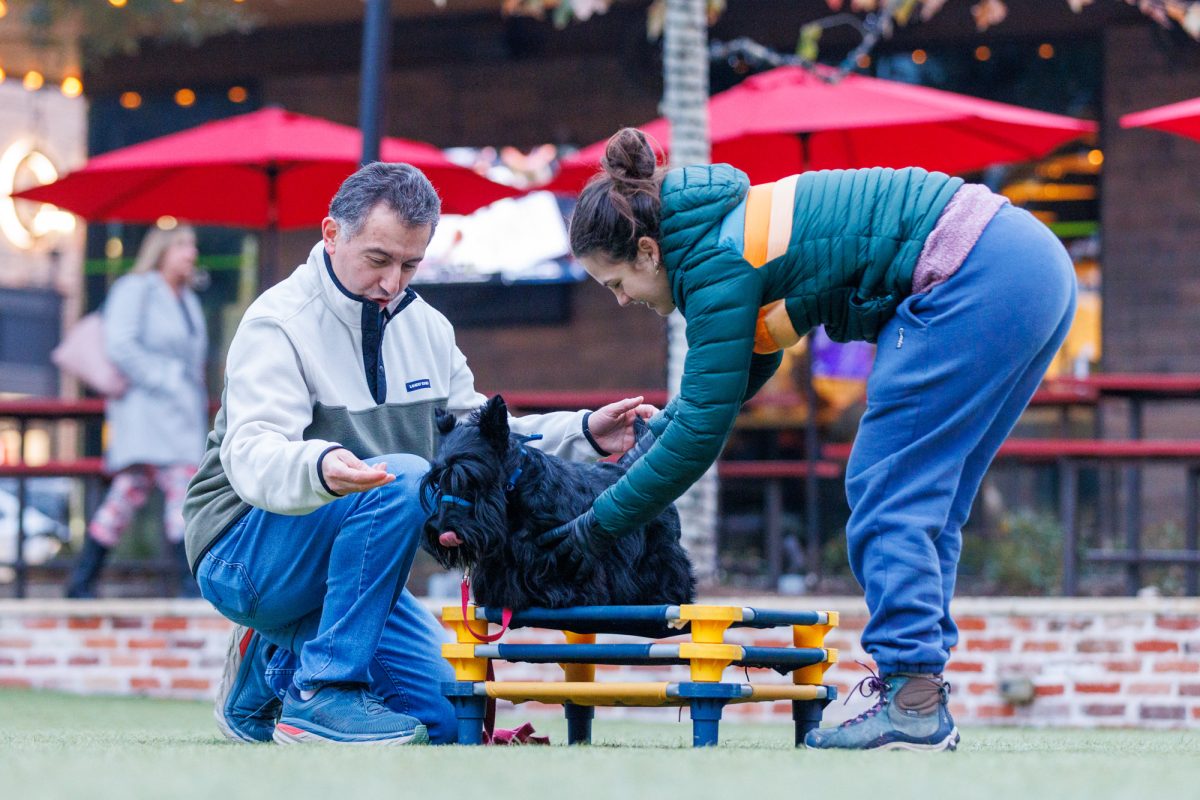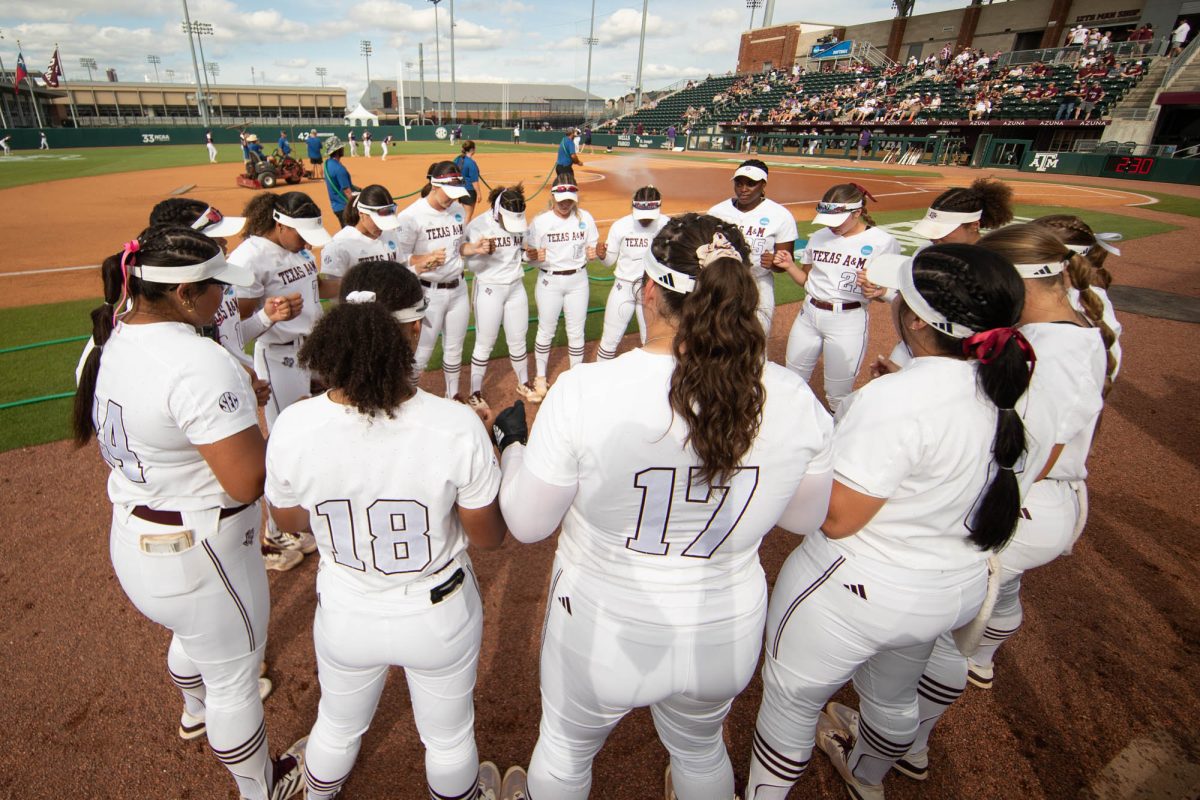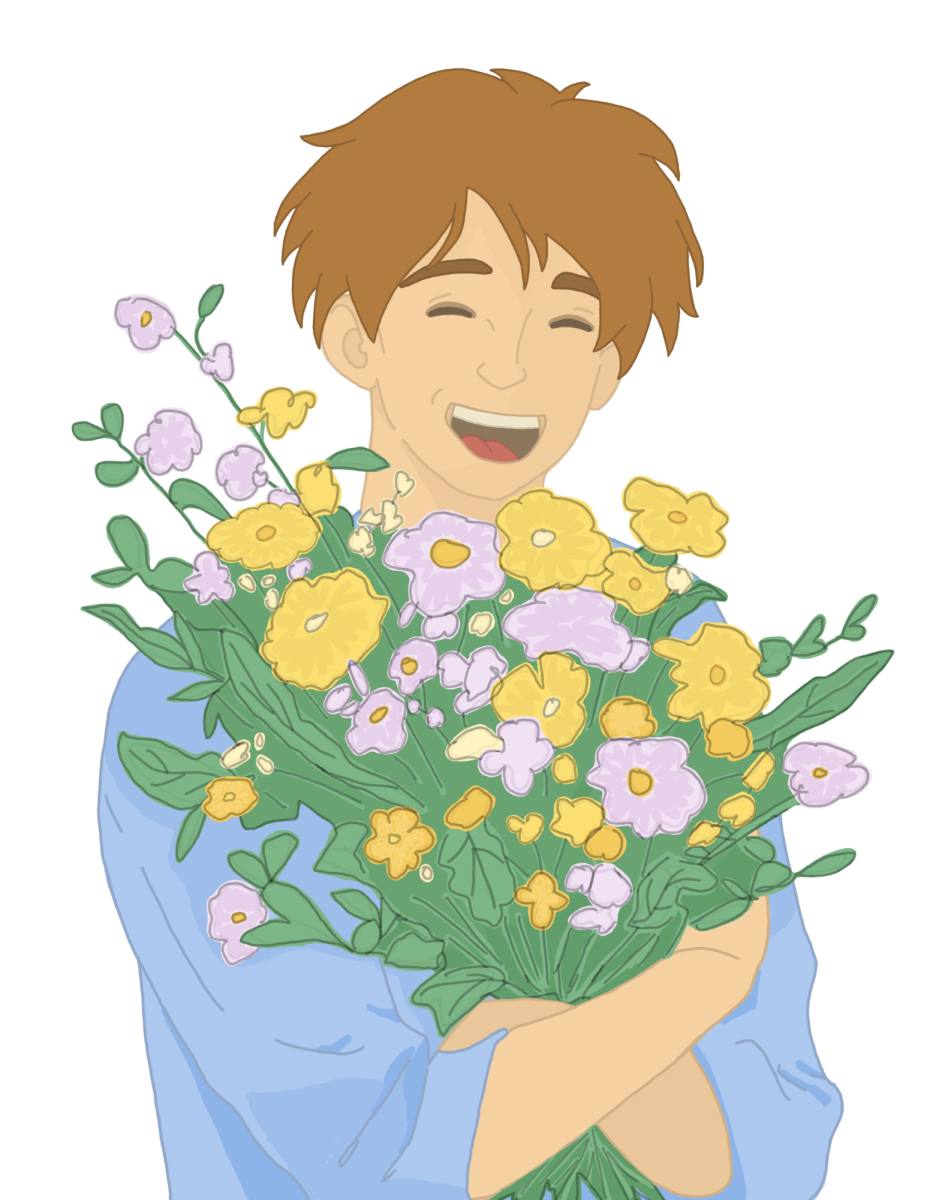I wasn’t the kind of person you would expect to see out with friends on a Friday night. So why, after a year sober from parties, was I suddenly surrounded by a group of guys blowing mullein smoke at midnight? The answer wasn’t what I expected.
They say we’re in the midst of a loneliness epidemic, that technology connects us but also isolates us. As the smoke curled into the air, I wondered if we’ve forgotten the simple rituals that used to bring people together.
The whole scene — the relaxed atmosphere, the easy flow of conversation — it felt like a throwback to a different era. As we stood outside, my friends explained the truth: smoking herbs wasn’t about getting a buzz, but about the buzz of a conversation. Think of it as a warm, portable bonfire we can all surround, anywhere. And then it struck me: what if the answer to this loneliness epidemic isn’t another digital app, but a rediscovery of the past?
Herbs are something I’ve been familiar with for a while because I help my mom package and mix herbs she sells for her business. In fact, I already put most of the same herbs people smoke into my tea for the taste and health benefits. Some of the most common herbs people smoke are as ordinary as raspberry leaves, rose petals, blue lotus flowers and spearmint.
It seems simple, yet we live in a world where mental health concerns are at an all-time high, and our solutions often revolve around more technology.
Clips of teens in the 1980s hanging out at the 7-Eleven make a stark contrast to today’s world. That easy chitter-chatter at church, once a staple of community life, has faded into the silence of deserted group chats. Despite the ease of virtual connection, it doesn’t seem as natural to shoot the breeze anymore, leaving us with a lingering sense of emptiness.
When thinking about things to do with friends, our options also feel surprisingly limited. Sure, we could go for a walk, watch TV and maybe a couple of other activities depending on the type of person you are, but none of these place a focus on each other. The ease of sharing herbs with a friend — the impromptu talks, the comfortable silence — fills a gap that our usual social routines don’t seem to address.
It wasn’t until that night with my friends that I saw herbs in a whole new light. I knew they could be good for you, but I never considered them as a tool for connection. Now, it made me wonder: could the benefits go deeper than I’d ever imagined? Could my mom’s simple remedies hold the key to something bigger — to healthier communities, not just healthier bodies?
The path to well-being isn’t as complicated as we think. It starts with simple, wholesome interactions. The Harvard Study of Adult Development, the longest of its kind, backs it up too. For decades, the study followed 724 men, revealing a powerful truth: the quality of our relationships ultimately determines our health and happiness. In other words, positive connections truly make us live longer.
The Harvard study is decades in the making and suggests connections make us healthier, happier and even live longer. But knowing that and actually making it a priority are two different things. We don’t need scientists to tell us technology can be isolating. Yet, replacing real-life interaction with digital substitutes has become our default.
What if a simple shift, something as easy as swapping a screen for a shared smoke, could help us break that cycle? Advocating smoking sounds weird to say because of the negative connotation we’ve attached to smoking. It’s unconventional, sure, but it beats another night scrolling alone.
Eddie Phillips is an engineering senior and an opinion writer for The Battalion.



